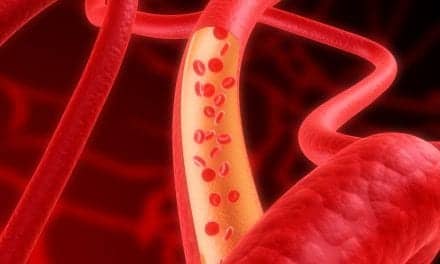Tobacco addiction is the leading avoidable cause of disease and premature death in the United States, but nicotine, a highly addictive drug, makes it tough for smokers to quit. Researchers have long studied the effects of nicotine and the changes that occur in the brain when nicotine use becomes nicotine dependence.
In a study at Scripps Research Koob lab, investigators set out to see if nicotine dependence is linked to changes in the corticotropin releasing factor (CRF) system in the amygdala, an area of the brain that is key to processing and memory of emotional reactions. The CRF system is activated by CRF-1, a protein essential to coping with stressful events.
For the study, the researchers induced nicotine withdrawal in one group of rats and compared that group with a control group. They found that the nicotine-deprived rats exhibited severe anxiety-like behavioral symptoms of withdrawal compared with controls. The withdrawal also resulted in an increased craving for greater quantities of the drug—what scientists call "the nicotine deprivation effect."
Sure enough, measurements showed that the behavior was matched by hyperactivity in the CRF system and that the symptoms lasted a long time—as much as two weeks after symptom development.
The researcher were able to moderte the effects of nicotine deprivation by injecting the addicted rats with a CRF receptor antagonist, resulting in less anxiety-like behavior during withdrawal and less self-administered nicotine compared to addicted controls. The Scripps Research scientists hope their work will lead to new nicotine-free treatments and answer questions about what makes some people more likely than others to become addicted.









